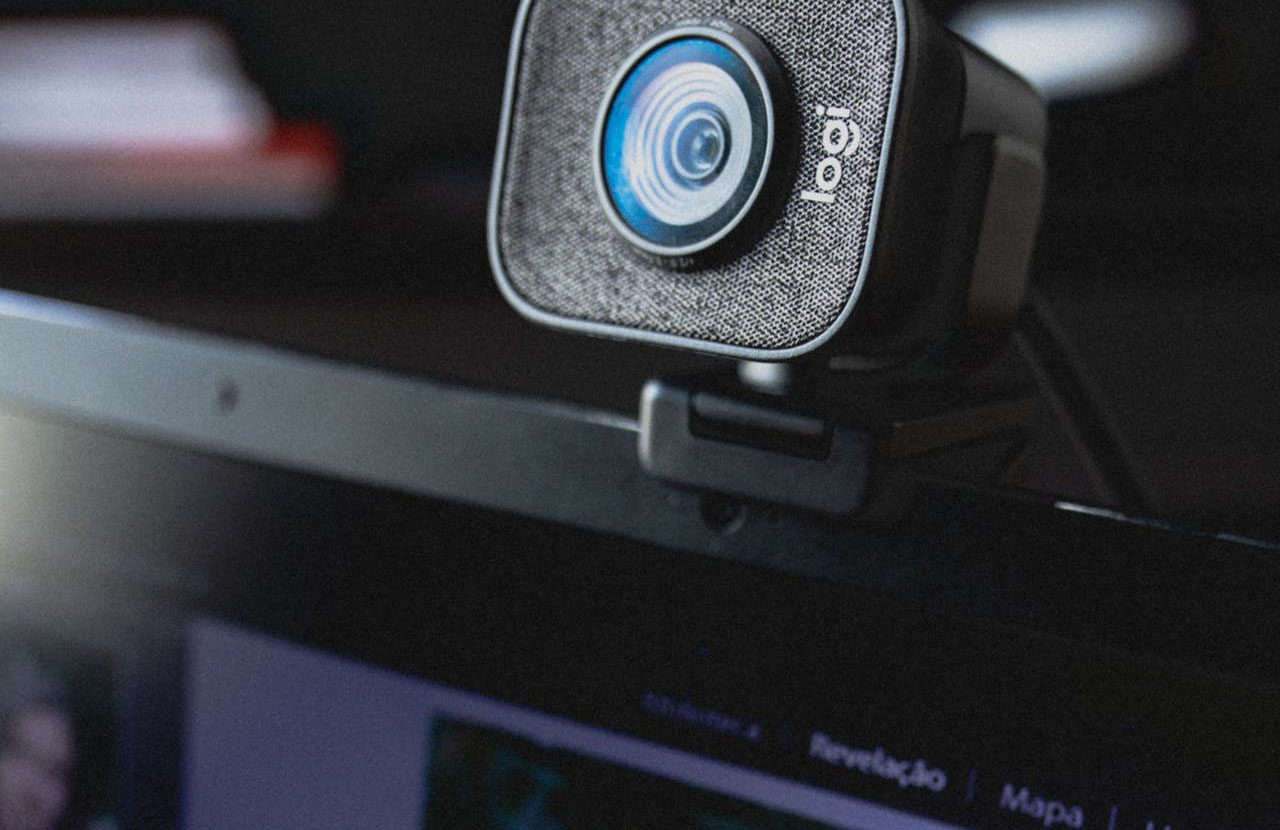You may have wondered, “Should I cover mine, too?” if you’ve ever noticed that some of your coworkers bring their laptop cameras covered with tape, stickers, or sticky notes to meetings. Well, that’s subjective. Read on as TN Computer Medics delves into the rationale for hiding a laptop’s camera and evaluates its efficacy in safeguarding your online activity.
How Can Webcams on Computers Impact Safety?
It is becoming more apparent that hacking into laptop cameras is easy for many hackers as cybercrime issues continue to evolve each year, especially with COVID-19. If a cybercriminal gains access to your camera, they can capture images or videos of you and use them for many purposes, such as black market extortion of women or social engineering attacks. Many laptop users would agree that they would want to be secure and protect their privacy, even though the chances of falling victim to one of these attacks are minimal.
Computer Camera Security and What the FBI Has to Say About It
James Comey, the former director of the FBI, recommended taping over your computer’s webcam as a fundamental security measure during a conference in 2016. He went on to say that even government office webcams have coverings to protect the lens while not in use.
As a security measure against hackers, Comey uses the recording method on personal computers. Comey defended his stance, saying that he is worried about his own safety and that others should be as well, even though many criticized him for acknowledging it.
Is It Safe to Cover the Camera on Your Computer?
Using camera covers is a good place to start when it comes to strengthening your cybersecurity, according to many experts. If you want to be extra careful, all you have to do is cover your camera with a post-it note or some electrical tape. Invest in a webcam cover from Amazon that slides easily left and right over your camera for ultimate convenience and durability if you use Skype or Zoom for personal or professional purposes on a regular basis. Having said that, webcam covers are merely the beginning. One of the many things a webcam hacker may do with remote access to your computer is access the camera on your laptop. Worrying about what else they might find and take from your device is more important. Think about things like passwords, financial details, personal data, and more.
Email is a common vector for these attacks since it allows victims to easily click on suspicious links. A cybercriminal can remotely control the webcam and other apps on the infected laptop when the user clicks on the link and installs a hidden program on their computer.
In order to protect yourself from cyber threats, you need to be familiar with the signs of phishing emails as well as insecure links and files. Make sure you update your apps, install antivirus software, and connect to protected Wi-Fi as part of your entire cybersecurity approach. First things first: get a camera cover and get in touch with a local TN Computer Medics if you haven’t already.

